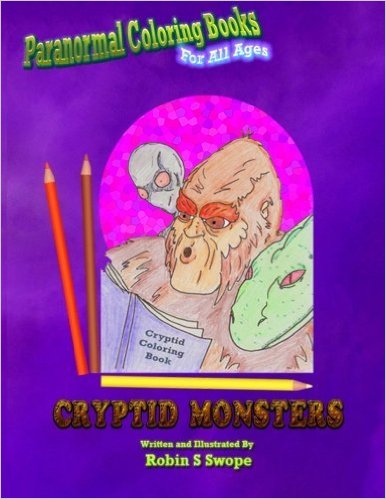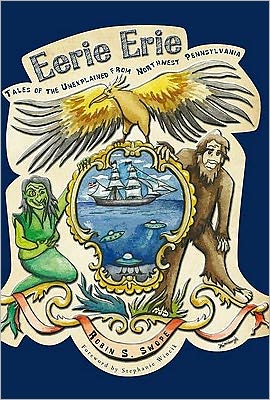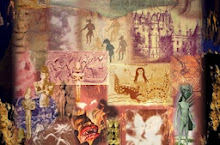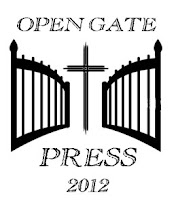Wednesday, February 15, 2012
What is a Demon? Part 2: Demonic Names
If you ever look into the topic of demonology or just a casual horror movie buff, you notice there are a lot of odd names for 'demons'. Just where did they come from, and what do they mean? In the ancient world it was believed that if you knew the name of an entity, you had power over it. We look at this and more in my Examiner article: "What is a Demon? Part 2: The Name Game"
Read it here on Examiner.com http://www.examiner.com/paranormal-in-pittsburgh/what-is-a-demon-part-2-the-name-game#ixzz1mUlnfDwk
Subscribe to:
Post Comments (Atom)










1 comment:
I have to take issue with this on several counts. One is the idea that interest in the occult grew during the "Dark Ages" and subsided in the "Renaissance". I would argue that the opposite is closer to the truth. It was only near the start of the "Dark Ages" (which plausibly ended with the conversion of Harold Bluetooth) that the Neoplatonic pagan philosopers and mystery religions, each with their own flavor of occultism, began to disappear. So, for example, Theodosius I suppressed the Oracle at Delphi less than a century before Odoacer deposed the last Western Roman Emperor, and the secretive cult of Mithras was essentially gone by the 5th century.
Another is that, even though you know that "Smith" and "Carter" are both generic nouns associated with occupations and also names, it does not occur to you that the same thing can be true of "Mammon". Yes, a demon associated with greed would be older than the Latin language. By the same token, the archangel Michael is older than the Hebrew language -- is that grounds for denying that his name really is, or at least translates to, Michael?
Post a Comment